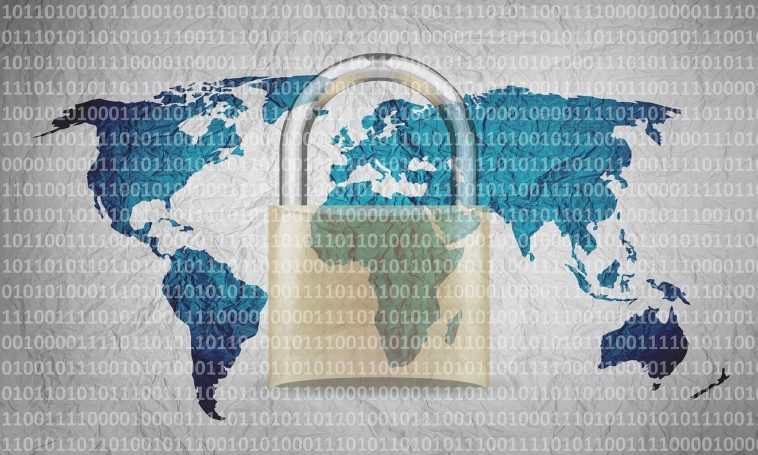The Federal Government of Nigeria has embarked on a digital transformation agenda to improve the quality and cost-effectiveness of public service delivery. One of the key components of this agenda is the use of official government email (gov email) for all government transactions and communications.
The gov email is a unique and secure email address that is created and managed by Galaxy Backbone, the information technology and shared services provider of the Federal Government.
The gov email has several benefits over other email services such as Yahoo Mail and Gmail. According to Festus Boman, the Head of ICT at the Federal Government Staff Housing Loan Board, who spoke in an interview, the gov email has more guaranteed security than other email boxes.
He said that using other emails for official transactions exposes government data to the risk of hacking and cyberattacks. However, the gov email is domiciled by Galaxy Backbone, which has state-of-the-art data centers and fiber infrastructure to ensure the protection and integrity of government information.
Boman also said that the gov email enhances efficiency and transparency in the public service. He said that the gov email allows for faster and easier dissemination of information to the public and other agencies, as well as facilitates market economy and participatory democracy. He added that the gov email is part of the e-government master plan 2020, which aims to develop a world class open government based on transparency, efficiency and quality of service.
Read also: How to use Cold Emailing, Email Marketing to grow your Business
Training On Gov Email
Boman spoke on the sideline of a one-day training organised by Galaxy Backbone for the ICT staff of his board on how to use the official gov email. He said that the training was part of the contract agreement with Galaxy Backbone, which provided 100 email boxes and IP forms for his board. He said that the training was very impactful, as it enabled him and his colleagues to create new email boxes, reset passwords, minimise emails into their handsets, and perform other basic functions of the gov email.
He said that he and his colleagues can now train other staff members on how to use the gov email effectively. He said that this will help to achieve the digitalisation of offices process, which has come to stay in Nigeria. He commended Galaxy Backbone for its role in enabling digital inclusion in Nigeria and supporting the government policy on enhancing broadband penetration, reducing the cost of governance, and uplifting the capabilities of public servants.
How does Galaxy Backbone ensure data security?
Galaxy Backbone is the information technology and shared services provider of the Federal Government of Nigeria. It is responsible for creating and managing the official government email (gov email) for all government transactions and communications. Galaxy Backbone ensures data security by using various measures, such as:
Operating a nationwide IP-based network that provides a common platform for connectivity and other infrastructure services for all Government Ministries, Departments and Agencies (MDAs)1.
Establishing state-of-the-art data centers (Tier 3 & Tier 4) with about 2.2PB Storage Capacity and 41TB Memory and extending the Fiber Infrastructure.
Providing a Cyber Security service that includes SIEM as a service with Access to Threat Intelligence, SOC as a service, 24×7 Incident Response and Remediation assistance, Network Intrusion Detection System setup and integration as a service, and Quarterly Vulnerability Assessment as a service2.
Complying with the international standards and best practices for information security management, such as ISO 27001:2013.
Galaxy Backbone aims to promote digital inclusion and security in Nigeria and support the government policy on enhancing broadband penetration, reducing the cost of governance, and uplifting the capabilities of public servants.




